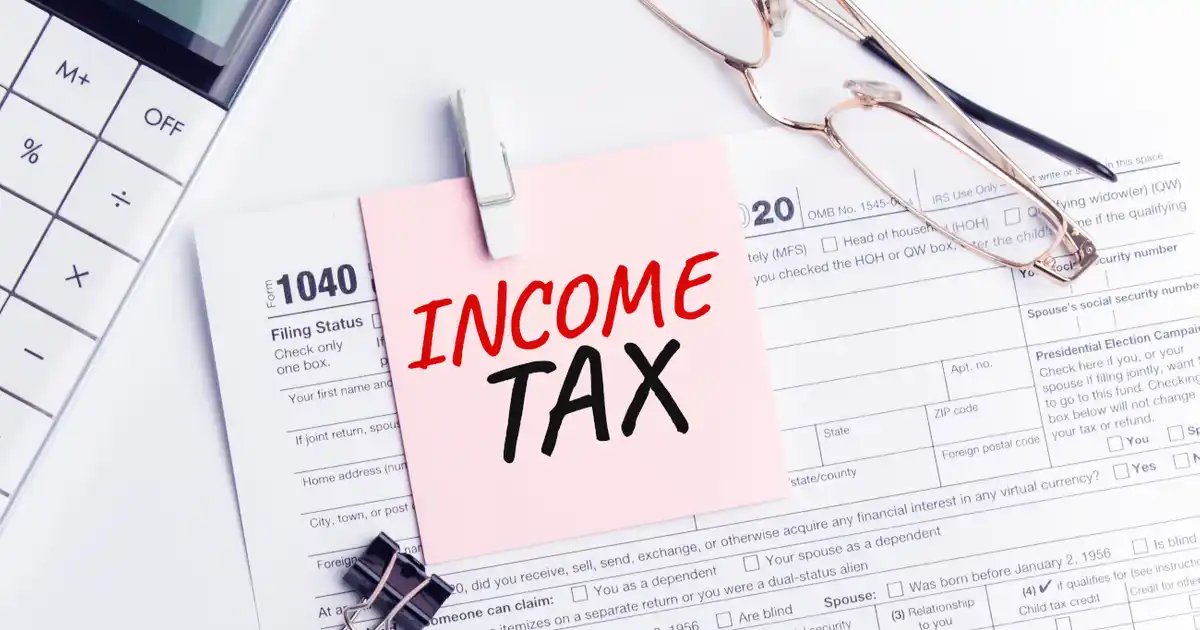Tax season can be stressful and overwhelming. Unless you’re a numbers person who enjoys filing each year, completing your income taxes is a job you likely want to finish as quickly as possible. That impatience can lead to mistakes.
Making small errors can be just as devastating to your tax refund as making big ones, so let’s review the mistakes that’ll really sabotage your tax return.
The Price Of Not Proofreading
Your taxes may be a dry and monotonous read but it’s imperative that you proofread every field. A slight mathematical error could cause delays in your tax refund, so it’s worth double-checking your numbers.
Needless to say, it’s important to enter your wages, dividends, and other income carefully. However, it’s just as critical that you don’t mistype your Social Insurance number or banking information (if you’re requesting direct deposit for your refund). Those account numbers are frequently misentered, probably because people assume they have them memorized.
Even information you take for granted, like your name, can result in serious issues if it doesn’t match up with your Social Security card. Always make sure your name reflects any legal changes that have occurred since the previous filing.
 Shutterstock
ShutterstockChoosing The Wrong Filing Status
Some taxpayers select the wrong filing status. This frequently happens between couples who miscommunicate their tax intentions or are in the midst of separating. A mistake here can affect your standard deduction and eligibility for various credits, among other factors.
Luckily, the IRS offers an Interactive Tax Assistant that can help taxpayers choose the right status. Having tax software is another way to troubleshoot any questions about filing status.
 Shutterstock: fizkes
Shutterstock: fizkesForgetting Income And Donations
A common error amongst taxpayers is omitting or forgetting to include additional income. These funds can originate from secondary jobs or investment accounts. Failing to report these sources of income can lead to severe penalties and interest.
Another amount that’s easy to forget is your charitable donations for the year. To report it, you need to have documentation to prove how much you gave, and to whom. Small donations (under $250) only require a receipt from the recipient, whereas larger donations (more than $250) require extra documentation.
The IRS is eager to help if you have questions about charitable amounts you can claim. And speaking of deductions…
 Shutterstock
ShutterstockFailing To Itemize Deductions
Impatience encourages mistakes on your income taxes, but it also rips you off! Itemizing your deductions takes time, which explains why many people take the standard deduction. However, itemizing simple deductions like your state and local taxes can give you a better refund.
Itemizing your deductions is especially rewarding if you’ve paid significant educational, medical, or real estate fees in the past year. If you need another reason not to leap at the standard deduction, read the next guideline about tax breaks you can’t afford to ignore.
 Shutterstock
ShutterstockIgnoring Your Own Tax Breaks And Credits
Another way you can sabotage your own tax return is by not paying attention to the tax breaks and credits you’re owed. People tend to be indifferent about these terms – until they realize how much money they’re leaving on the table.
Expert taxpayers seek out these breaks and credits because they reduce their tax owing. The most common deductions people overlook include the Child Tax Credit, the Recovery Rebate Credit, the Earned Income Tax Credit, the Savers Credit, and the Credit for the Elderly and Disabled.
You may be eligible for a number of these tax breaks and others, like Energy Credits. It’s best to speak with your tax authority about these deductions.
 Shutterstock
ShutterstockNot Adjusting Past Tax Returns
That same ignorance can bite us again when it comes to prior income tax filings. If you’re neglecting tax breaks and credits on this year’s return, it stands to reason you’ve ignored similar opportunities in years’ past.
The IRS allows you to amend previous tax returns (and regain those lost opportunities to save money) within a certain span of time. An amended return must be filed:
- within three years of the date you originally filed, or…
- within two years after the date you paid the tax.
 Shutterstock: ANDREI ASKIRKA
Shutterstock: ANDREI ASKIRKADon’t Be An Early Bird
Everyone knows it isn’t a good idea to file your income taxes late. The IRS will issue a Failure to File Penalty, which is 5% of the unpaid taxes for each month (or part of a month) in which the tax return is late. This penalty can reach upwards of 25% of your unpaid taxes.
Likewise, people should heed the warnings about not filing their taxes too early. The IRS allows the public to submit their taxes as early as late January, once the final paychecks for the 2021 fiscal year have been received.
However, in a bid to get their taxes out of the way, some taxpayers submit their income taxes before they’ve received all of their documents to report. This inevitably results in processing delays.
 Shutterstock
ShutterstockAnd Don’t Forget To Sign It
Any tax return that doesn’t have the taxpayer’s signature is invalid. Forgetting to sign (or, in the case of joint returns, having one party forget) will result in a processing delay.
After all of the effort and careful consideration involved in filing your taxes, having the process complicated by a missing signature would be rather annoying. If this happens, the IRS would reach out and ask for the signature on a separate document.
 Shutterstock
ShutterstockLimit Your Risk For Mistakes
It’s human to make mistakes, which is why humans created tax software that calculates your return for you! These programs make it virtually impossible to make many of the mistakes outlined above.
Filing your taxes electronically also costs less than a real-life tax accountant and often provides a quicker turnaround on your refund. Plus, the software doubles as a digital record of your yearly filings, so you have that data in one tidy place.
If your financial situation isn’t overly complicated, tax software can help you survive tax season. On the other hand, if you have frequent tax questions throughout the year, you might reap the benefits of having a personal tax accountant.








